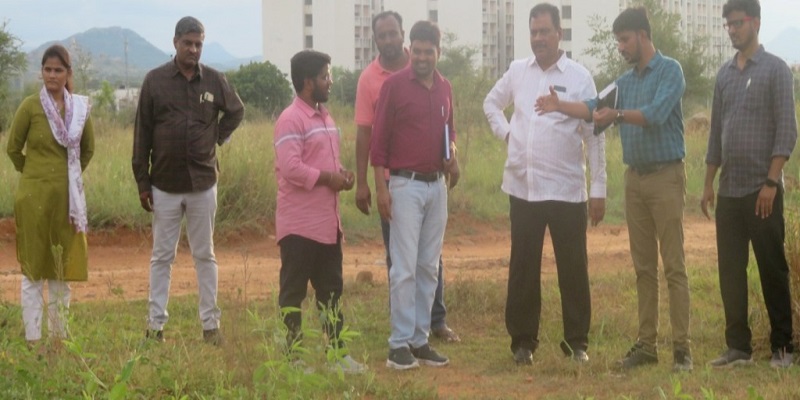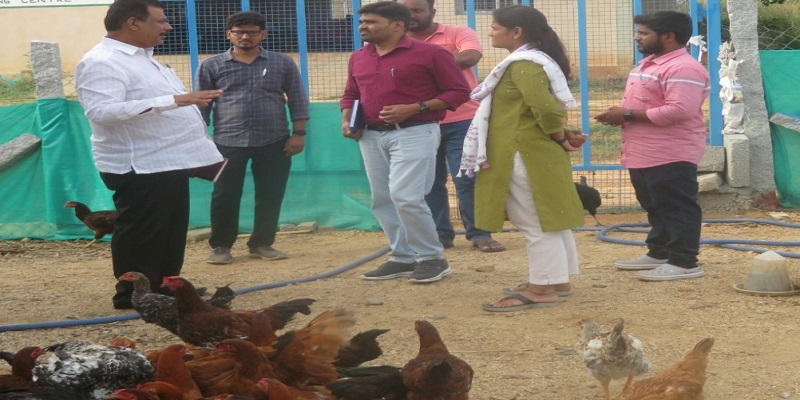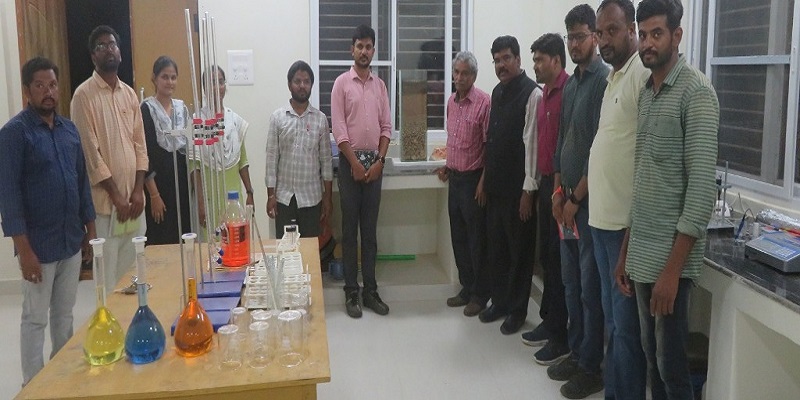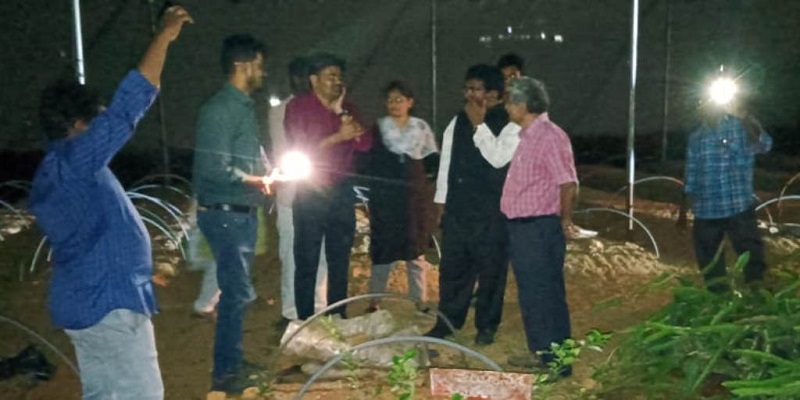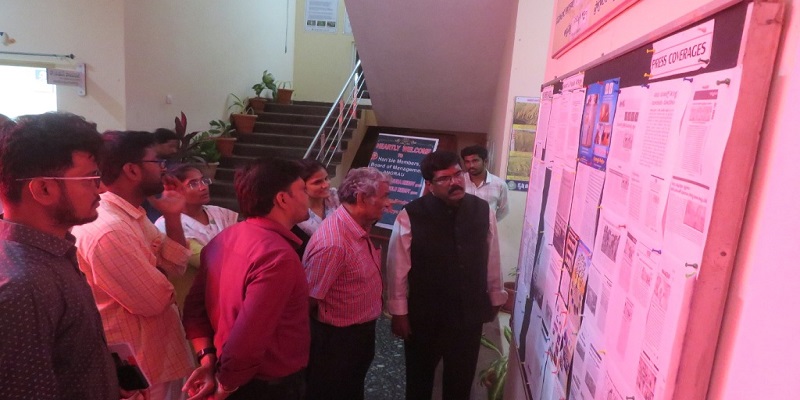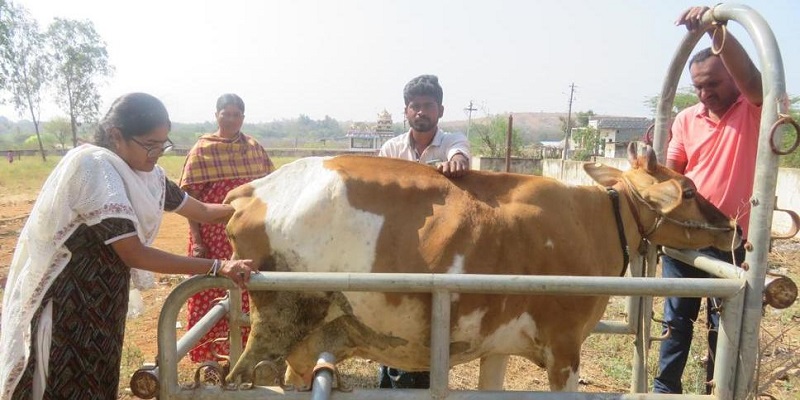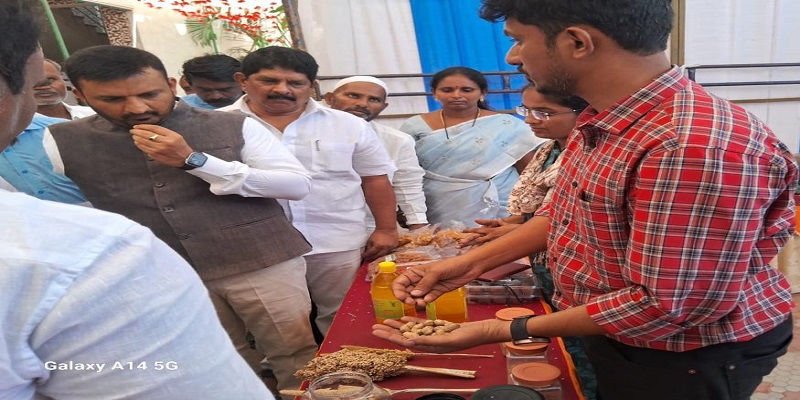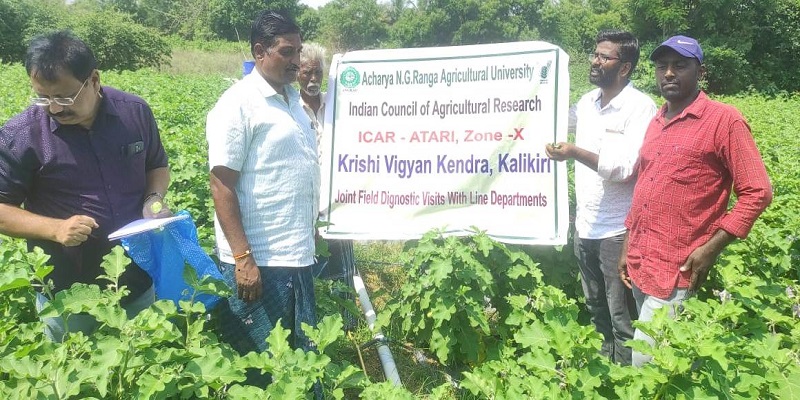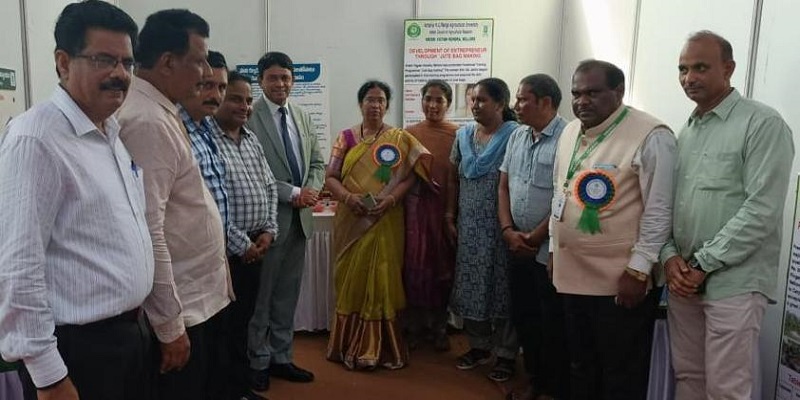ABOUT THE WORMS
Vermicompost has been emerging as an important source in supplementing and substituting chemical fertilizers in Agriculture. There is a growing realisation that vermi-composting provides the nutrients and growth enhancing hormones necessary for plant growth. The fruits, flowers and vegetables and other plant products grown using vermi-compost are reported to have better keeping quality. A growing number of individuals and institutions are taking interest in the production of compost utilising earthworm activity. Some of them ventured into commercial production as well. The operational cost of production of vermicompost is around Rs 6 to 7 per kg on average, thus it is quite profitable to sell the compost at Rs. 10/kg.
The process of composting crop residues using earthworms comprise spreading the agricultural wastes and cow dung in layers as 6 feet wide and 3 feet height beds of required length. Earthworms are introduced in between the layers @ 1 kg worms per m3 of bed volume. The beds are maintained at about 40 - 50% moisture content and a temperature of 20 - 30oC by sprinkling water over the beds. The earthworms being voracious eaters consume the biodegradable matter and give out a part of the matter as excreta or vermi-castings. The vermi-casting containing nutrients is rich manure for the plants.
About 350 species of earth worms in India with various food and burrowing habits, Eisenia foetida, Eudrilus eugeniae, Perionyx excavatius are some of the species for rearing to convert organic wastes into manure. The worms feed on any biodegradable matter ranging from coir waste to kitchen garbage and vermicomposting units are ideally suited to locations / units with generation of considerable quantities of organic wastes. One earthworm reaching reproductive age of about six weeks lays one egg capsule (containing 7 embryoes) every 7 - 10 days. Three to seven worms emerge out of each capsule. Thus, the multiplication of worms under optimum growth conditions is very fast. The worms live for about 2 years. Fully grown worms could be separated and dried in a oven to make 'worm meal' which is a rich source of protein (70%) for use in animal feed.
VERMICOMPOST PRODUCTION PARTICULARS:
A small Scale vermicompost unit of size 40 ft X 20 ft have been established at KVK as a demonstration unit for the farming community. Vermicompostunit comprises 10 pits/beds with well roofed having a size of 15 ft in length, 3ft in breadth, and 1.5 ft in height. The unit produces about 32 tonnes ofvermicompost per annum. The earthworm species i.e Eisenia fetida is being used for vermicompost preparation. KVK gives training and advisory services to the farming community on the production of the vermicompost
NUTRIENT CONTENT IN VERMICOMPOST:
|
S.No. |
Nutrient |
Vermicompost (%) |
Compost (%) |
|
Organic Matter |
10 to 14 |
12 |
|
|
Nitrogen |
0.51 to 1.6 |
0.8 |
|
|
Phosphorous |
0.19 to 1.02 |
0.4 |
|
|
Potassium |
0.15 to 0.73 |
0.5 |
|
|
Calcium |
1.18 to 7.61 |
2.2 |
|
|
Magnesium |
0.093 to 0.568 |
0.5 |
|
|
Iron |
0.0042 to 0.011 |
1.17 |
|
|
Manganese |
0.01 to 0.20 |
0.041 |
|
|
Zinc |
0.0042 to 0.011 |
0.0012 |
|
|
Copper |
0.0026 to 0.0048 |
0.0017 |
|
|
Sodium |
0.06 to 0.16 |
< 0.01 |
Demo unit 4 Vermicompost











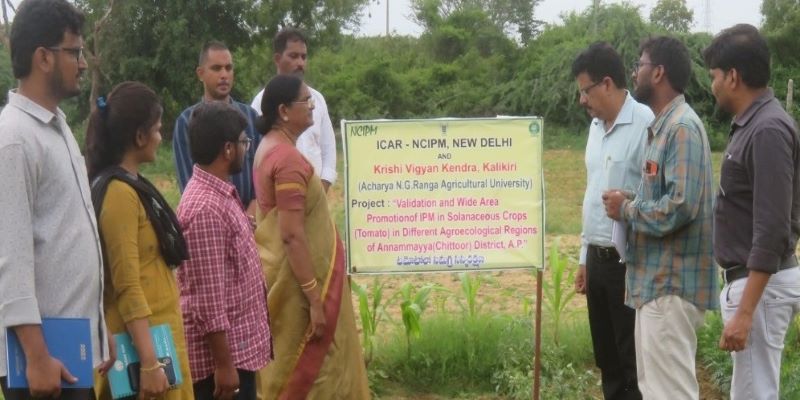

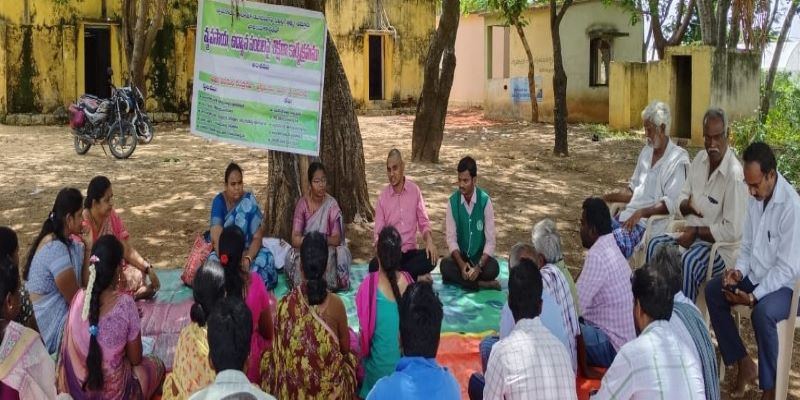




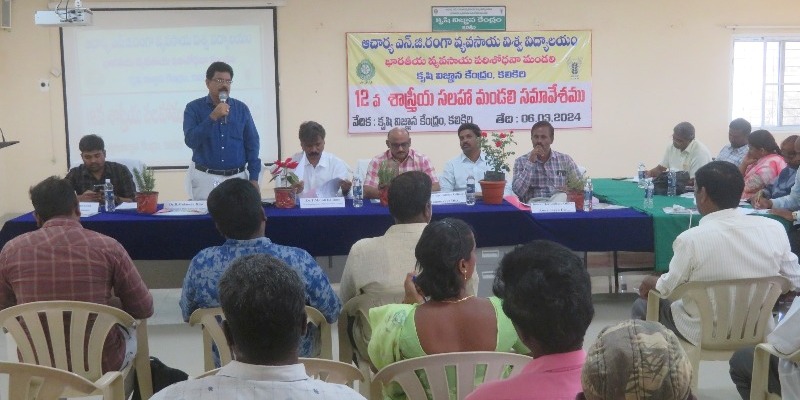
.jpg)


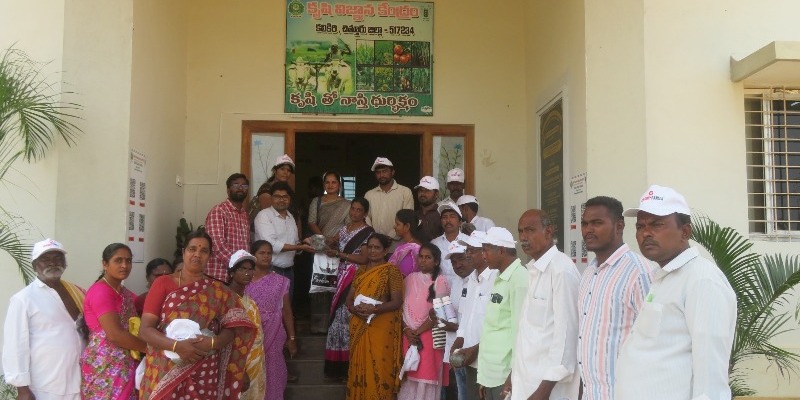
.jpg)

.jpg)

.jpg)
.jpg)





.jpg)













